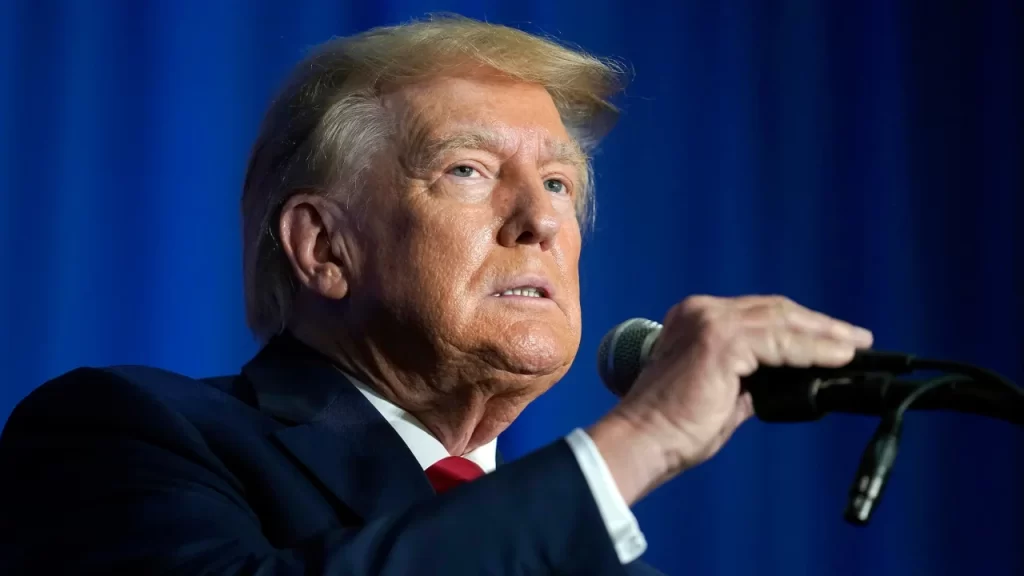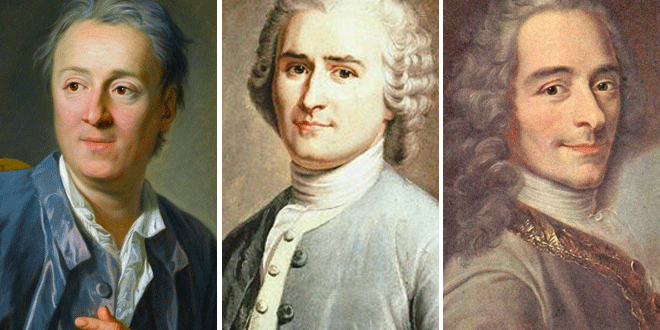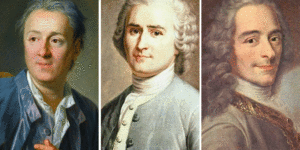The dual track realities of American democracy go like this:
- Former President Donald Trump is in a strong position, for now, to be one of two major presidentialoptions presented to US voters in 2024.
- At the same time, the institutions on which the foundation of the US government are built continue the slow work of neutralizing a potentialrepeat of his previousattempt to sidestep the process and overturn the election.
The news Tuesday is that the USSupreme Court squarely rejected the fringe legal theory by which far-right activists and supporters of Trump hoped to be able to ignore election outcomes.
Add thatruling to these other concrete developments and percolations:
- A law to preempt insurrection 2.0. Congress last year passed a law to clarify that, no, the vice president cannot throw out electoral votes the president doesn’t like.
- Accountability for fake elector scheme. The Justice Department, in the form of special counsel Jack Smith, appears to be refocused on the Trump supporters who signed false certificates to the federal government, asserting they were the rightful electors for Trump in seven battleground states won by Joe Biden.
But it is Tuesday’s move by the Supreme Court that could be among the most consequential since it invalidates the fringe “independent state legislature” theory upon which Trump’s 2020 scheme was based.
What exactly did the Supreme Court do?
The court’s liberal justices were joined by three members of its conservative majority to disabuse everyone of the idea that for hundreds of years Americans have been misinterpreting the word “legislature.”
The US Constitution’s elections clause stipulates that federal elections “shall be prescribed in each State by the Legislature.” Under the independent state legislature theory, now rejected by the Supreme Court, that means that state legislatures alone are in charge of federal elections and therefore areunaccountable to state courts.
- A law to preempt insurrection 2.0. Congress last year passed a law to clarify that, no, the vice president cannot throw out electoral votes the president doesn’t like.
- Accountability for fake elector scheme. The Justice Department, in the form of special counsel Jack Smith, appears to be refocused on the Trump supporters who signed false certificates to the federal government, asserting they were the rightful electors for Trump in seven battleground states won by Joe Biden.
But it is Tuesday’s move by the Supreme Court that could be among the most consequential since it invalidates the fringe “independent state legislature” theory upon which Trump’s 2020 scheme was based.
What exactly did the Supreme Court do?
The court’s liberal justices were joined by three members of its conservative majority to disabuse everyone of the idea that for hundreds of years Americans have been misinterpreting the word “legislature.”
The US Constitution’s elections clause stipulates that federal elections “shall be prescribed in each State by the Legislature.” Under the independent state legislature theory, now rejected by the Supreme Court, that means that state legislatures alone are in charge of federal elections and therefore areunaccountable to state courts.
- A law to preempt insurrection 2.0. Congress last year passed a law to clarify that, no, the vice president cannot throw out electoral votes the president doesn’t like.
- Accountability for fake elector scheme. The Justice Department, in the form of special counsel Jack Smith, appears to be refocused on the Trump supporters who signed false certificates to the federal government, asserting they were the rightful electors for Trump in seven battleground states won by Joe Biden.
But it is Tuesday’s move by the Supreme Court that could be among the most consequential since it invalidates the fringe “independent state legislature” theory upon which Trump’s 2020 scheme was based.
What exactly did the Supreme Court do?
The court’s liberal justices were joined by three members of its conservative majority to disabuse everyone of the idea that for hundreds of years Americans have been misinterpreting the word “legislature.”
The US Constitution’s elections clause stipulates that federal elections “shall be prescribed in each State by the Legislature.” Under the independent state legislature theory, now rejected by the Supreme Court, that means that state legislatures alone are in charge of federal elections and therefore areunaccountable to state courts.









